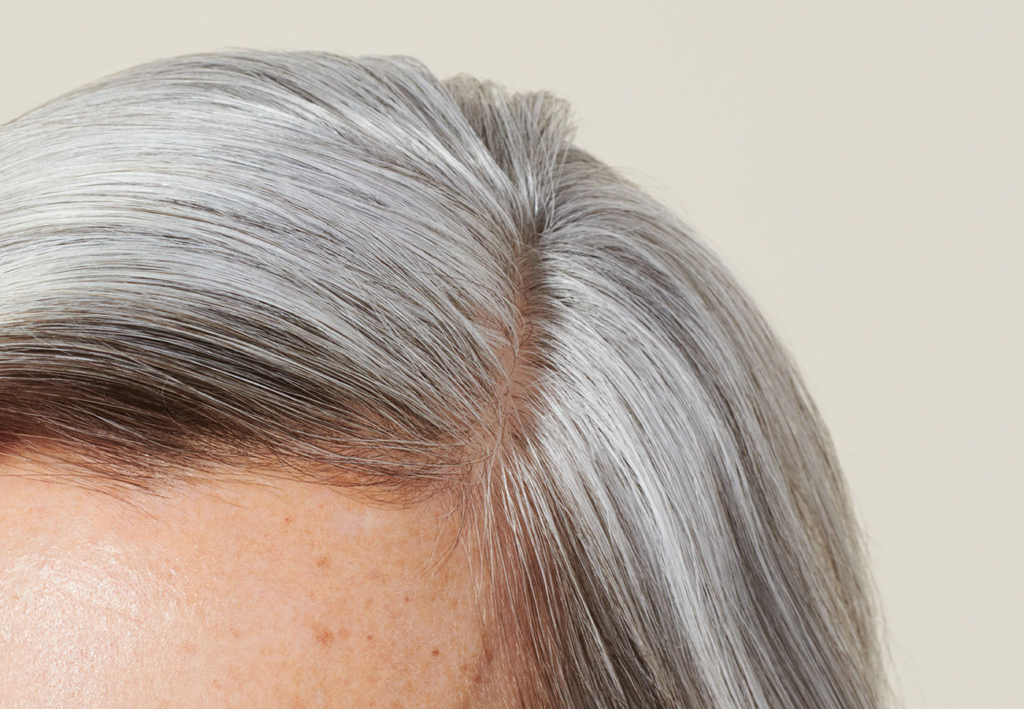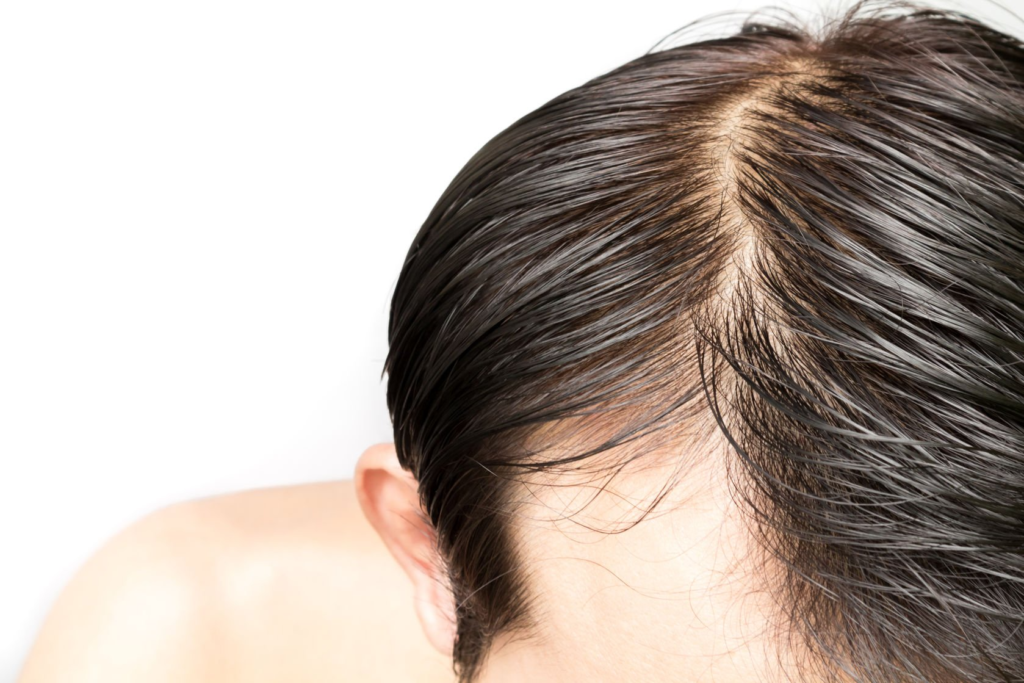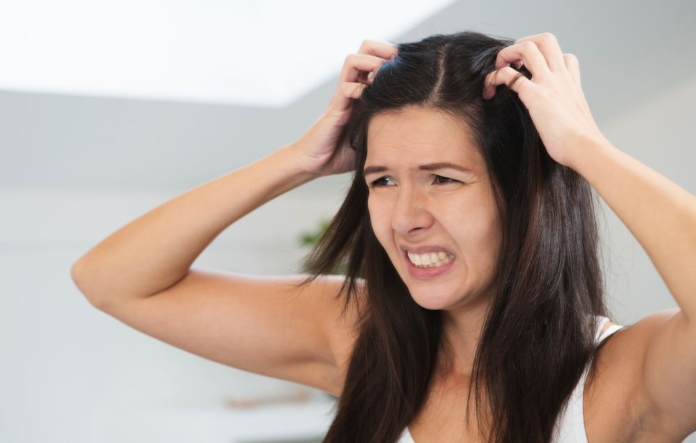Dandruff is a common scalp condition that affects many people at some point in their lives. It’s characterized by flaking skin on the scalp, which can be both annoying and embarrassing. Understanding what dandruff is, its causes and symptoms, and how to treat it can help you manage this condition effectively and keep your scalp healthy.
What is Dandruff?
Dandruff is the shedding of dead skin cells from the scalp. While it’s normal for skin cells to die and be replaced, dandruff occurs when this process speeds up, leading to an excessive buildup of flakes. These flakes can be white, yellowish, or gray and may be accompanied by itching or irritation.
Dandruff is typically not a serious health issue, but it can be persistent and troublesome. It often appears as small, dry flakes, but in some cases, it can be greasy and sticky.
Causes of Dandruff
Understanding the causes of dandruff can help in managing and preventing it. Here are some common causes:
1. Dry Scalp
A dry scalp is a primary cause of dandruff. When the scalp loses moisture, it can become flaky and itchy. This dryness can be worsened by cold weather, low humidity, or using harsh shampoos. Using a moisturizing shampoo and conditioner can help combat this issue.

2. Oily Scalp
An excessively oily scalp can lead to dandruff as well. When the scalp produces too much oil, it can mix with dead skin cells, creating flakes. Oily dandruff is often accompanied by redness and irritation. Special anti-dandruff shampoos with ingredients like zinc pyrithione or salicylic acid can help manage this condition.

3. Malassezia Yeast
Malassezia is a fungus that naturally resides on the scalp. In some people, this yeast can overgrow, leading to inflammation and excessive shedding of skin cells. This condition, known as seborrheic dermatitis, can cause greasy flakes and redness. Antifungal shampoos or treatments are usually effective in controlling this type of dandruff.
4. Skin Conditions
Certain skin conditions, such as eczema or psoriasis, can affect the scalp and lead to dandruff. These conditions often cause dry, scaly patches and require specific treatments from a dermatologist.
5. Improper Hair Care Products
Using hair care products that are not suited to your hair type can contribute to dandruff. Shampoos with harsh chemicals or those that strip natural oils from your scalp can cause dryness and irritation. Opting for gentle, sulfate-free products can help prevent this issue.
6. Hormonal Changes
Hormonal changes can impact scalp health and contribute to dandruff. Conditions such as puberty, pregnancy, or menopause can lead to fluctuations in hormone levels, affecting the scalp’s oil production and leading to dandruff.
7. Poor Diet
A diet lacking in essential nutrients can also impact scalp health. Deficiencies in vitamins and minerals such as zinc, B vitamins, and omega-3 fatty acids can contribute to dry, flaky skin. Ensuring a balanced diet rich in these nutrients can support overall scalp health.
8. Stress
Stress is known to exacerbate various skin conditions, including dandruff. It can trigger or worsen seborrheic dermatitis and lead to increased flaking. Managing stress through relaxation techniques and a healthy lifestyle can help reduce dandruff severity.
Symptoms of Dandruff
Identifying the symptoms of dandruff can help you determine if you have this condition. Common symptoms include:
- Flaky Skin: Small, white or yellowish flakes on the scalp, hair, or shoulders.
- Itching: Itchy scalp that may be uncomfortable or irritating.
- Redness: In cases of seborrheic dermatitis, the scalp may appear red and inflamed.
- Oily or Dry Scalp: Depending on the type of dandruff, the scalp may be excessively oily or dry.
If you experience these symptoms, it’s likely that you have dandruff. However, if the symptoms are severe or persistent, it’s a good idea to consult a healthcare professional for a proper diagnosis.
How to Treat Dandruff
Treating dandruff involves addressing its underlying causes and incorporating effective treatment methods. Here are some strategies to help manage and reduce dandruff:
1. Use Anti-Dandruff Shampoos
Anti-dandruff shampoos contain active ingredients that help control dandruff. Look for shampoos with ingredients like:
- Zinc Pyrithione: An antifungal and antibacterial agent that reduces the growth of Malassezia.
- Ketoconazole: An antifungal ingredient that helps control yeast overgrowth.
- Salicylic Acid: Helps to exfoliate the scalp and remove dead skin cells.
- Selenium Sulfide: Reduces scalp oil and helps control dandruff.
Follow the instructions on the product label for the best results.
2. Maintain a Healthy Scalp
Regularly cleaning your scalp can help prevent dandruff. Use a mild, moisturizing shampoo and avoid hot water, which can dry out your scalp. Additionally, avoid scratching your scalp, as this can worsen irritation.
3. Moisturize
If you have a dry scalp, using a conditioner or scalp treatment that adds moisture can be beneficial. Natural oils like coconut oil or jojoba oil can also help hydrate the scalp and reduce flakiness.
4. Improve Your Diet
A balanced diet can support healthy skin and scalp. Include foods rich in zinc, B vitamins, and omega-3 fatty acids in your diet to promote overall scalp health. Drinking plenty of water can also help keep your skin hydrated.
5. Manage Stress
Stress can trigger or worsen dandruff, so finding ways to manage stress is important. Techniques such as meditation, yoga, and regular exercise can help reduce stress levels and improve scalp health.
6. Consult a Dermatologist
If over-the-counter treatments are not effective, or if you have severe symptoms, it’s important to consult a dermatologist. They can provide a proper diagnosis and recommend prescription treatments or therapies tailored to your specific condition.
Conclusion
Dandruff is a common scalp issue that can be managed effectively with the right approach. By understanding the causes and symptoms of dandruff, and implementing appropriate treatments, you can keep your scalp healthy and free from flakes. Whether it’s choosing the right shampoo, maintaining a balanced diet, or managing stress, taking proactive steps can make a significant difference in controlling dandruff and promoting overall scalp health.
If you find that your dandruff persists despite these efforts, seeking advice from a healthcare professional can help you find the most effective solution for your needs.



Fantastic site A lot of helpful info here Im sending it to some buddies ans additionally sharing in delicious And naturally thanks on your sweat
su kaçağı tespit servisi Beykoz su kaçağı tespiti: Beykoz’da su kaçağını garantili şekilde tespit ediyoruz. https://www.nitrnd.com/ustaelektrikci
“Simply extraordinary! ✨ Your in-depth analysis and crystal-clear explanations make this a must-read. The amount of valuable information you’ve packed in here is amazing.”